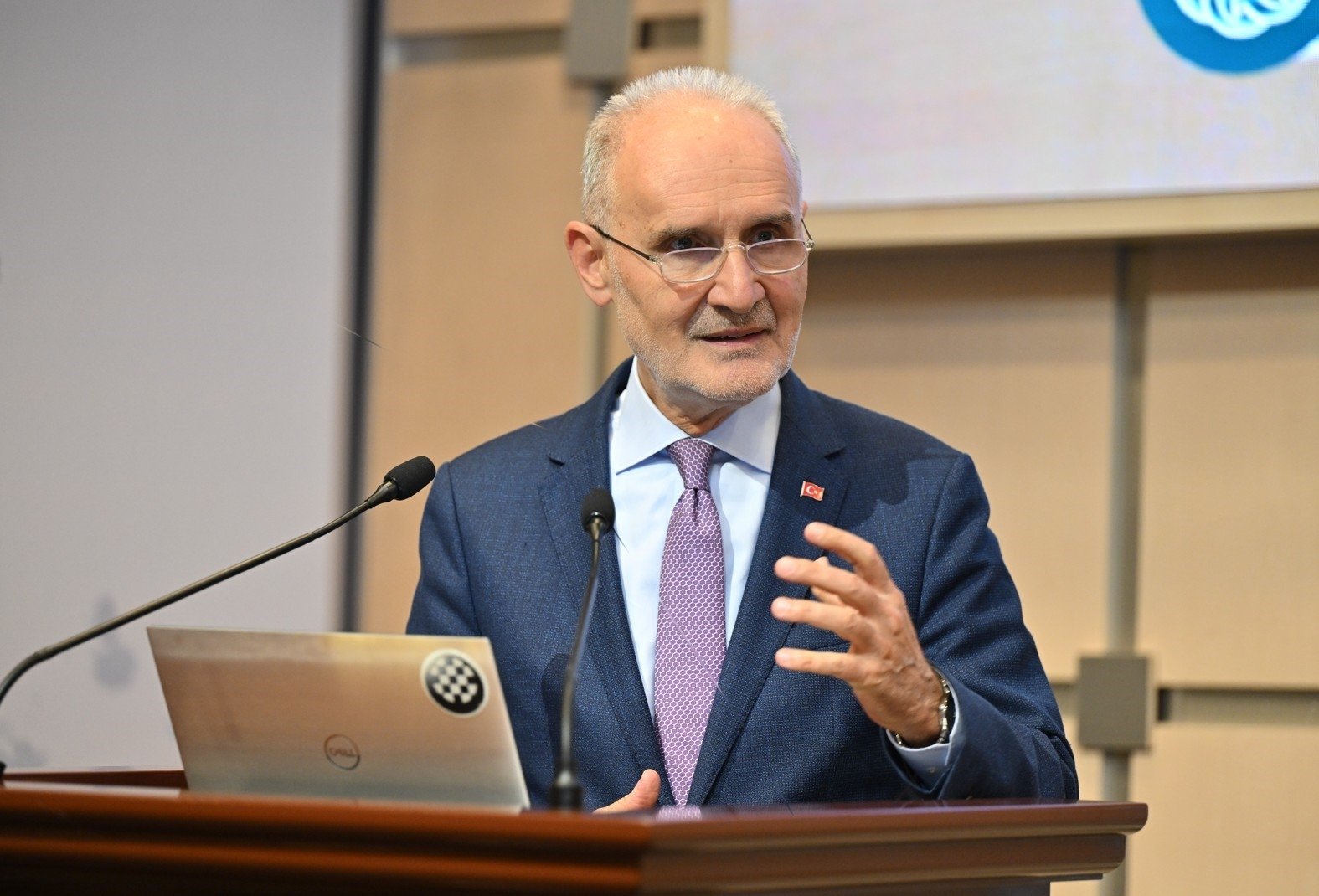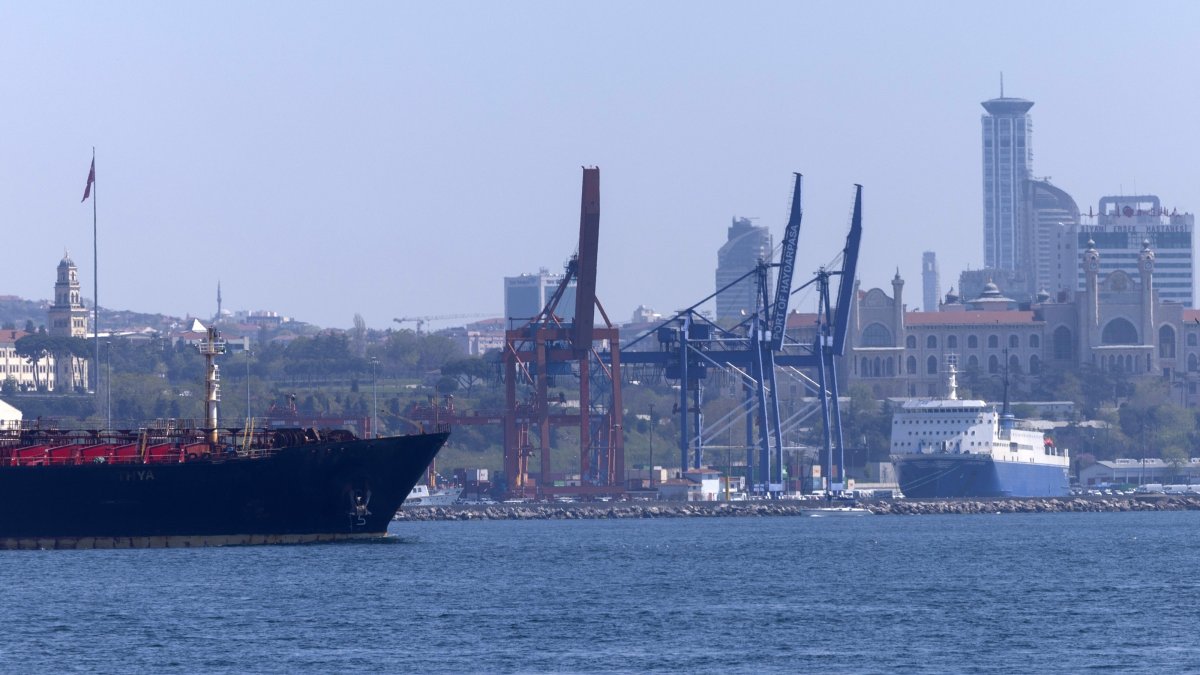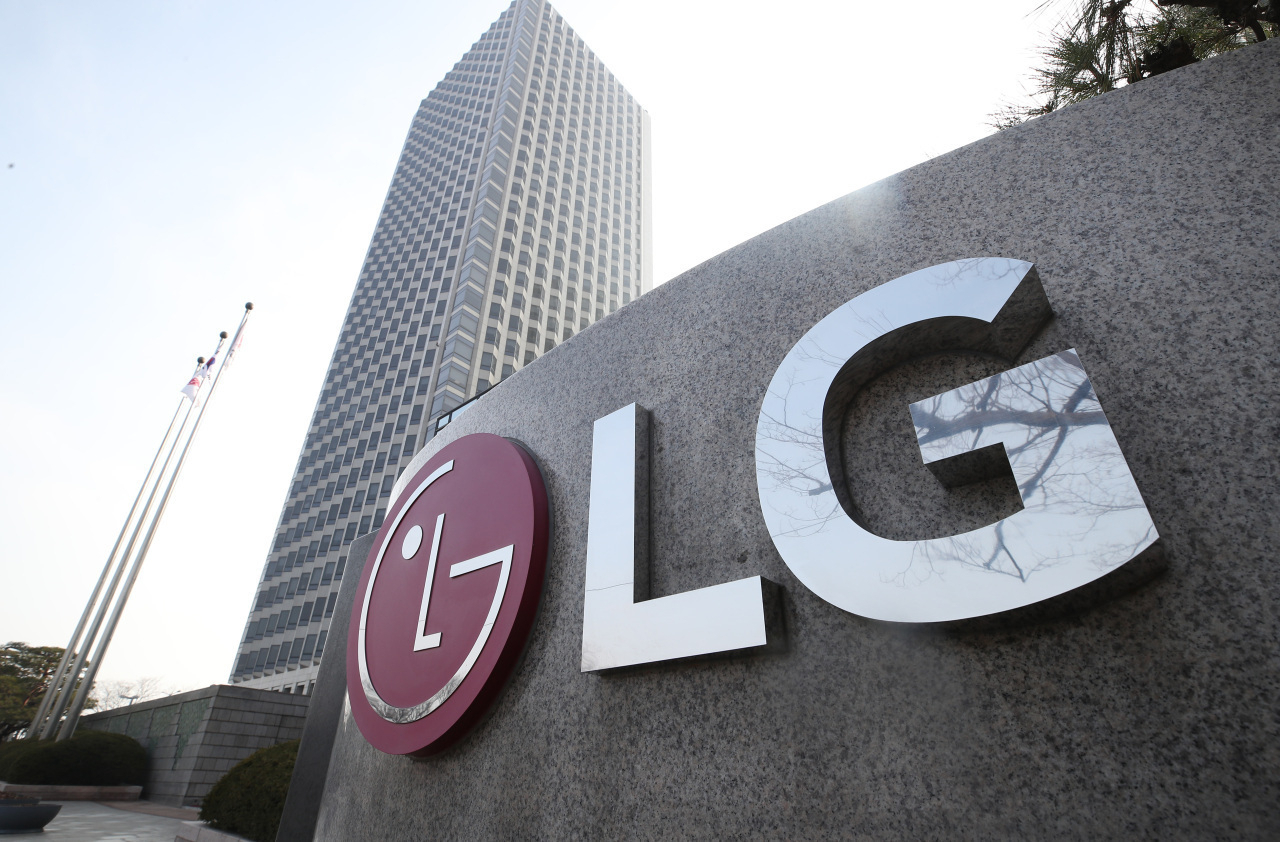Türkiye should set import targets to curb deficit: Top chamber head
The head of a top chamber of commerce in Türkiye proposed on Thursday setting import targets to better track the data and balance gap, citing that the country lacks the “luxury” of increasing the trade deficit.
“We must reduce the foreign trade deficit; we don’t have the luxury to increase it. It is not possible to paint a realistic picture by only tracking import and export figures here,” Istanbul Chamber of Commerce (ITO) President Şekib Avdagiç said.
“As we approach 2026, Türkiye should also set import targets,” he added.
Speaking to the press, Avdagiç pointed to the goods deficit as “the most important issue we need to focus on.” He shared expectations that the goods export deficit to be around $85 billion to $90 billion, describing the gap as a long-present issue.
Indeed, although Turkish authorities, by placing priority on employment, production and exports, have managed to significantly lift the volume of exports in recent years, the imports still weigh on overall trade data.
“I think this is the most important issue we need to focus on. Türkiye has not been able to close its foreign trade deficit for the last 150 years … Since our exports are about $85 billion less than our imports, when we increase exports by 10% and imports by 7%, in absolute terms, both increase by the same amount,” he explained.
Avdagiç also noted that part of the goods trade deficit is offset by service exports, and despite some sectoral difficulties this year, service exports continue at a certain level.
“We will achieve the targets set by our President (Recep Tayyip Erdoğan) on Jan. 3 regarding goods and service exports. According to this trend, unless there is an extraordinary external conjunctural event, we will reach this target,” he furthered.
Yet, Avdagiç emphasized that as 2026 approaches, targets related to imports, just like exports, should be set and monitored.
“We must reduce the foreign trade deficit; we don’t have the luxury to increase it. It is not possible to paint a realistic picture by just tracking import and export figures. As we transition to 2026, Türkiye should also set import targets,” he suggested.

“Türkiye’s import and export figures in both goods and services trade are closely monitored, of course. Trade Minister Ömer Bolat presents goods exports, goods imports, service exports and service imports in every presentation,” he added.
“We have targets for exports but none for imports.”
Türkiye’s monthly exports hit an all-time high of $22.6 billion in September, rising 3% on an annual basis. Imports, on the other hand, were also up, rising 8.8% year-on-year to $29.5 billion, according to preliminary foreign trade data.
Moreover, he said that issues such as how to produce some of the imported products domestically to reduce imports need to be brought to the agenda.
“For example, Türkiye has not made any investments in raw materials for the plastic sector for years. There are many efforts and incentives, but the domestic supply of Türkiye’s total plastic raw material needs has dropped below 15%,” he said.
Access to credit
At the same time, he suggested that the Istanbul business community agrees that inflation must be reduced without any ifs or buts, but that they demand that their expectations regarding market impacts be met.
Among these expectations, the most important is that credit allocations, especially to small and medium-sized enterprises (SMEs), should be excluded from credit restrictions, according to Avdagiç.
“Some decisions have been made about this. Banks say this framework pressures them, and they cannot provide enough credit to SMEs. Access to credit is currently more important than the cost of credit,” he said.
Pointing to the gap between the central bank’s reference interest rate and commercial loan interest rates, Avdagiç continued: “Banks aggressively pursue Turkish lira deposits because they are required to keep 60% of their deposits in Turkish lira. This raises the cost of collecting lira deposits.”
“Because of this increased cost, banks automatically raise loan costs. Therefore, this is not an issue that banks alone can regulate right now,” he noted, suggesting it would be “beneficial” to reconsider these rates.
Boeing planes
Avdagiç, who also serves as a member of the board of directors and the executive committee of Türkiye’s flag carrier Turkish Airlines (THY), evaluated the company’s recent announcement and plan to purchase new jets from U.S. aviation giant Boeing.
“Boeing isn’t a new topic. Turkish Airlines already has a significant order from Boeing. Turkish Airlines, which plans to increase its fleet to 813 aircraft by 2033, will, of course, purchase aircraft from Boeing,” he said.
“There’s a fleet expansion and a fleet renewal process involved. As you expand your fleet, you also need to dispose of your old aircraft and replace them with new ones,” he added.
“When we filter this, we don’t have many companies, only a handful,” he also said, pointing to Boeing and its European rival Airbus.
“We need to engage in some self-reflection. We need to increase the number of competent companies in this field. Rather than looking for problems with Boeing and Airbus, we need to increase our efforts to build competent companies through capacity increases and certification,” he suggested.
Among other remarks, he also conveyed the view that a “window of opportunity” has opened related to U.S. relations and balancing trade.
“Türkiye is already a liquified natural gas (LNG) importer. We’re going to buy LNG from an existing source, and it’s not like we’re also going to buy it from the U.S. We’re diversifying our energy supply sources based on changing global balances,” said Avdagiç.
“I have a positive outlook. Boeing is already a purchase within the package, a purchase that’s already in the cycle. LNG is something new here. We have a trump card to achieve balance with the U.S. very quickly,” he added.
In addition, Avdagiç also highlighted that the first domestic electric vehicle maker, Togg, has “established a very strong image in Germany,” citing that “it is awaited in Germany with excitement beyond anyone’s expectations.”


